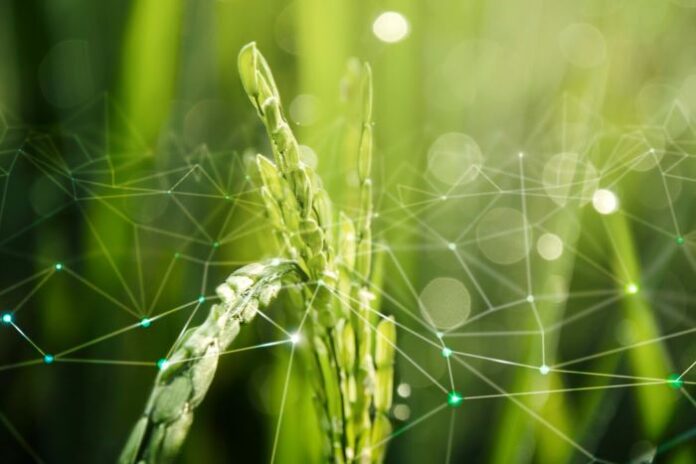The Internet of Things (IoT) is shaping how we live and work in our rapidly changing world. It also plays a crucial role in addressing environmental challenges and promoting sustainability and conservation.
Emerging as a powerful force for positive change, here’s how IoT is becoming a key player in maintaining a cleaner, healthier planet.
Monitoring and Conservation
One of the most significant contributions of IoT to environmental well-being is its ability to monitor and conserve precious resources.
Smart sensors embedded in various ecosystems can collect real-time air and water quality, temperature, and biodiversity data. This data enables scientists, conservationists, and policymakers to make informed environmental protection and resource management decisions.
For instance, in water-scarce regions, IoT-enabled devices can monitor water usage and detect leaks in irrigation systems, helping in water conservation and efficiently using this essential resource.
Also, in wildlife conservation efforts, IoT devices such as smart collars equipped with GPS and sensors allow researchers to track animal movements, gather vital behavior data, and identify potential threats to endangered species.
Precision Agriculture for Sustainable Farming
Agriculture is a cornerstone of human civilization, but traditional farming practices often lead to inefficiencies and environmental degradation.
IoT is revolutionizing agriculture through precision farming techniques, optimizing resource usage while minimizing environmental impact.
Smart agricultural sensors can also measure soil moisture, nutrient levels, and environmental conditions in real-time. This data assists farmers in making informed decisions about irrigation, fertilization, and pest control.
By precisely tailoring these processes, farmers can reduce water and chemical usage and lower their environmental footprint while increasing crop yields much more sustainably.
Energy Efficiency and Smart Grids
IoT is undoubtedly a key player in transitioning towards cleaner and more sustainable energy systems.
Smart grids, enabled by IoT technology, enhance the efficiency and reliability of energy distribution. These grids can balance the demand and supply of electricity in real time, reducing energy waste and optimizing consumption.
Smart meters can provide real-time insights into energy usage in conventionally powered homes and buildings. This information empowers individuals and organizations to make conscious decisions about energy consumption, leading to lower overall energy demand.
IoT-enabled devices, such as smart thermostats and lighting systems, can also contribute to energy efficiency by automatically adjusting settings based on usage patterns and environmental conditions.
Waste Management and Recycling
Efficient waste management is a critical aspect of environmental sustainability.
IoT devices are being integrated into waste management systems to optimize collection routes, monitor landfill capacities, and promote recycling.
Additionally, smart bins equipped with sensors can notify waste management authorities when they are nearing total capacity, ensuring timely collection, preventing overflow, and reducing litter.
Furthermore, RFID (Radio-Frequency Identification) technology is being used to track and trace recyclable materials, facilitating the recycling process and reducing the amount of waste sent to landfills.
Air Quality Monitoring for Urban Environments
Urbanization brings challenges related to air pollution, which can severely affect public health.
IoT can play a crucial role in monitoring and addressing air quality issues in densely populated areas.
Networks of sensors placed throughout cities can continuously monitor air pollutants, such as particulate matter, nitrogen dioxide, and ozone. This real-time data enables authorities to identify pollution hotspots, implement targeted interventions, and develop long-term strategies for improving air quality.
IoT-powered wearable devices can also provide individuals with personalized information about their exposure to air pollutants, empowering them to make healthier choices.
The Internet of Things is ushering in a new era of environmental stewardship, where technology becomes a force for positive change. From monitoring ecosystems to optimizing resource usage and promoting sustainable practices, IoT is a valuable ally in our quest for a healthier planet. As we embrace the potential of IoT, it is essential to continue developing and implementing solutions that prioritize environmental sustainability. By leveraging the power of interconnected devices, we can pave the way for a greener, more sustainable future—one where technology enhances our lives and contributes to the well-being of the planet we call home.















